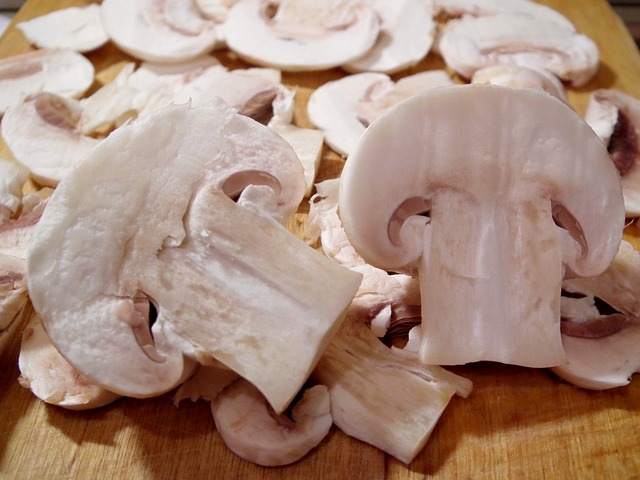For many homeowners, the decision of whether or not to put their house in a trust can be a daunting one. It is a complex legal maneuver that comes with various pros and cons to consider. In this article, we will explore the factors that you should weigh when deciding if putting your house in a trust is the right move for you.
Benefits of Putting Your House in a Trust
Putting your house in a trust can offer a variety of benefits, including:
- Avoiding probate: Placing your house in a trust allows your property to avoid the probate process, saving time and money for your loved ones after your passing.
- Privacy: Trusts are not part of public records, providing a level of privacy that is not possible with a will.
- Asset protection: Trusts can offer protection from creditors and lawsuits, safeguarding your property for your beneficiaries.
Furthermore, having your house in a trust can ensure that your property is managed according to your wishes, even if you become incapacitated. It also allows for a smoother transfer of assets to your heirs, reducing the likelihood of disputes among family members.

Potential Drawbacks to Consider
While putting your house in a trust can offer many benefits, there are also . One drawback is the cost associated with setting up and maintaining a trust. You may need to pay legal fees to create the trust and ongoing fees for trust administration. Additionally, transferring your property into a trust could result in incurring transfer taxes or increased property taxes.
Another potential drawback is the loss of control over your property. Once your house is in a trust, you may no longer have the ability to make certain decisions regarding the property without the approval of the trust’s beneficiaries or trustees. This loss of control could be a significant consideration for individuals who value autonomy and flexibility in managing their property.
Factors to Evaluate Before Making a Decision
When considering whether to put your house in a trust, there are several important . One key factor to consider is the potential impact on your estate planning goals. By transferring your property to a trust, you may be able to avoid probate and ensure that your assets are distributed according to your wishes.
Another factor to consider is the potential tax implications of putting your house in a trust. Depending on your specific situation, transferring your property to a trust could have estate tax or income tax consequences. It is important to consult with a financial or legal professional to fully understand the tax implications before moving forward with this decision.

Expert Recommendations on Creating a Trust for Your Home
When considering whether to put your house in a trust, it is crucial to seek expert recommendations to ensure you are making the most informed decision. One key benefit of creating a trust for your home is the ability to avoid probate, which can be a lengthy and costly process for your loved ones. By placing your property in a trust, you can streamline the transfer of ownership to your beneficiaries in a more efficient and private manner.
Another advantage of establishing a trust for your home is the potential for asset protection. Placing your property in a trust can shield it from creditors and lawsuits, providing an added layer of security for your investment. Additionally, creating a trust can help minimize estate taxes and ensure that your property is managed according to your wishes after your passing. With the guidance of experts in estate planning, you can tailor a trust to meet your specific needs and goals for the future.
In conclusion, the decision to place your house in a trust is a complex one that requires careful consideration of your individual circumstances and goals. While there are potential benefits, such as avoiding probate and providing for future generations, there are also risks and implications to be aware of. It is important to seek advice from a trusted legal professional to help guide you through the process and ensure that you make the best decision for your situation. Ultimately, whether or not you should put your house in a trust will depend on your specific needs and priorities.




